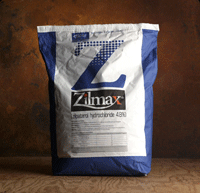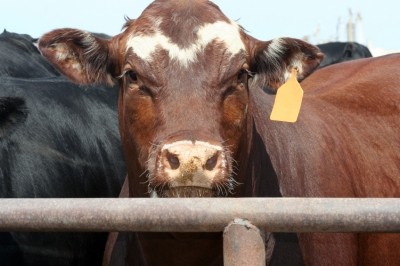South Korea removes ban on controversial beef feed additive zilpaterol

An official at South Korea's food ministry told Reuters today that imports of beef muscle with 1 part per billion (ppb) of zilpaterol, 5 ppb in beef liver and 10 ppb in beef kidney were approved in August.
November last year saw South Korea suspend some US beef imports after traces of the feed additive were found in meat supplied by Swift Beef, a unit of JBS USA Holdings Inc, the world’s largest beef producer.
But a subsequent government risk assessment found the feed additive could be permitted at certain levels, prompting industry insiders to speculate that the Asian state would open the door to zilpaterol fed beef imports this summer.
That assessment was done at the request of a subsidiary of Merck & Co (which makes the zilpaterol derived feed additive, Zilmax), MSD Animal Health Korea.
Cattle lameness concerns
Many European countries as well as China ban the import of zilpaterol-fed beef due to concerns about side effects of the additive.
The controversial, muscle-building drug, which is fed to cattle during the last few weeks they’re in feed yards, was approved by the FDA in 2006, but its safety was called into question in August 2013 after video footage emerged in the US of cattle showing trouble walking and other signs of distress after taking a growth drug.
Both Cargill and Tyson Foods have refused to take cattle fed the additive back into their supply chain since then, pending further trials into the beta-agonist.
Merck had intended to conduct a large-scale evaluation of Zilmax this summer as part of its five-step approach “to ensuring responsible beef” but media reports in July indicated that industry reluctance to participate had put such a trial on hold.
Kelly Goss, communications spokesperson for the drug maker, would not confirm whether the trial had stalled, simply telling this publication two months ago: “We continue to focus on implementation of the various elements of the five-step plan. This process has been more time intensive than anticipated.”















